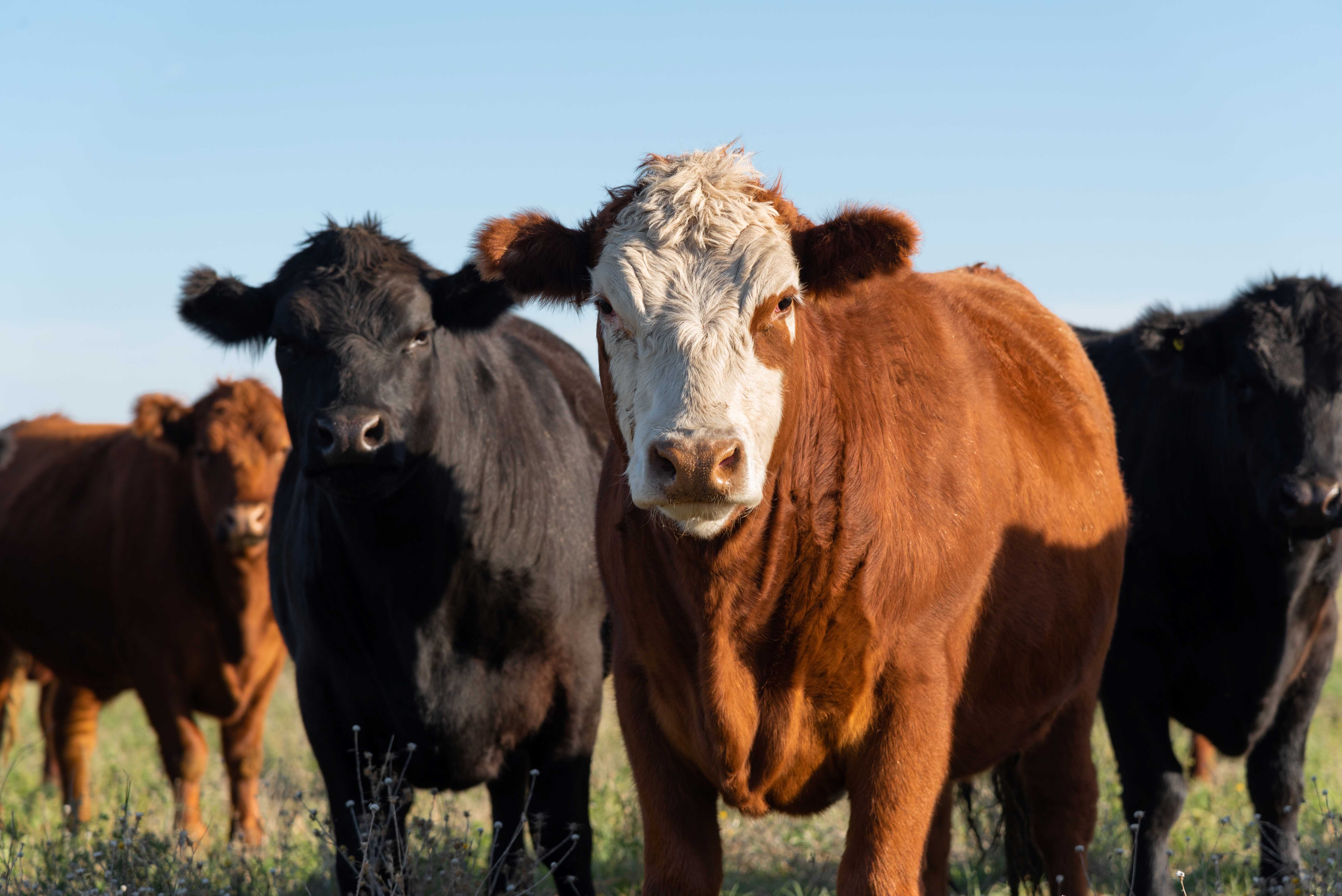 In the May 10 issue of Science magazine, journalist Kai Kupferschmidt described several planned BSL-3 laboratory experiments using H5N1 avian influenza virus to infect cows, including respiratory infections and cow-to-cow transmission studies. There are key differences in these lab studies, which will use the apparently unique genotype B3.13 of the virus found in U.S. cows so far in nine states and 42 herds. These differences include:
In the May 10 issue of Science magazine, journalist Kai Kupferschmidt described several planned BSL-3 laboratory experiments using H5N1 avian influenza virus to infect cows, including respiratory infections and cow-to-cow transmission studies. There are key differences in these lab studies, which will use the apparently unique genotype B3.13 of the virus found in U.S. cows so far in nine states and 42 herds. These differences include:
A) Virologist Jürgen Richt at Kansas State University will study nonlactating cows. Dr. Richt plans to “inoculate the nose and mouth of male and female cows” with H5N1 avian influenza A virus, according to the article. “Then we will look at what’s happening within the animals,” Dr. Richt told the magazine. “We will kill some of them after 4 or 5 days and look where the virus is in the body.”
"Others will be watched for weeks to see whether they develop antibodies to H5N1 and how long they shed the virus in various ways,” the article explained. “And 2 days after some of these initial infections, new cows, called sentinels, will be added to the mix to see whether they can catch the virus."
B) Martin Beer, a veterinarian at the Federal Research Institute for Animal Health in Reims, Germany, will infect lactating cows using H5N1 avian influenza virus sent by the Cornell University virologist Diego Diel.
C) Volker Gerdts, director of the Vaccine and Infectious Disease Organization in Saskatchewan in Canada, will infect calves with the virus.
We should anticipate that additional laboratories, in the U.S and abroad, will undertake more such experiments. Further discussion is likely, before and after experimental results are known.
